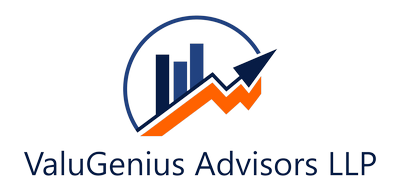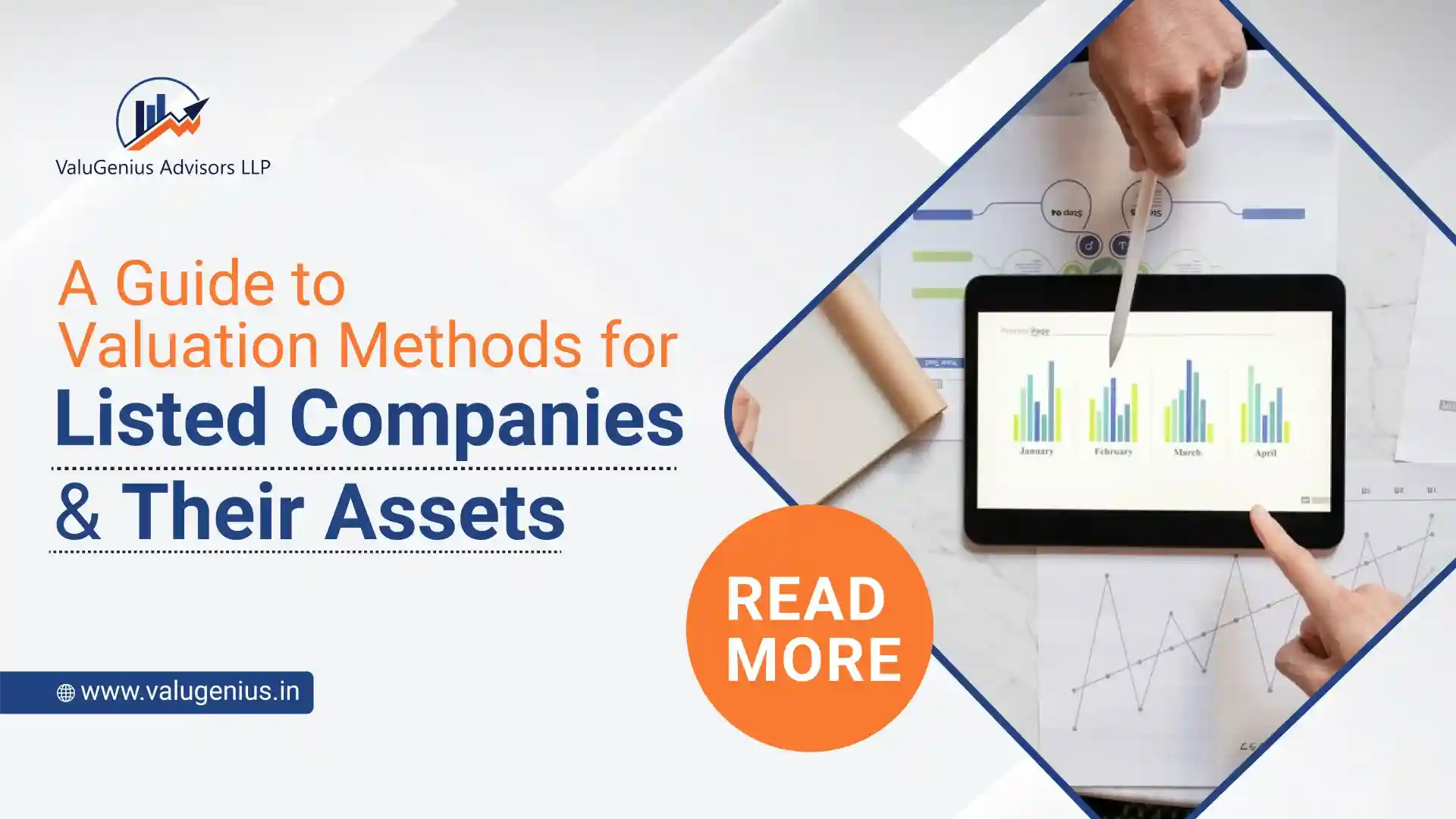
A Guide to Valuation Methods for Listed Companies & Their Assets
Determining the fair value of a company is a critical aspect of financial analysis, especially for listed entities. Accurate business valuation methods ensure informed decision-making for stakeholders, whether for M&A valuation, regulatory compliance, or strategic planning. The valuation process incorporates various approaches, tailored to the company’s characteristics and valuation objectives. Below are the most effective types of financial models and valuation methods for listed companies.
1. Market Approach
The Market Approach relies on market data to estimate the company’s value by benchmarking it against peers or recent transactions. It is highly effective in valuing a company operating in dynamic, competitive industries.
a. Comparable Company Analysis (CCA)
- This method evaluates key valuation metrics such as Price-to-Earnings (P/E), Enterprise Value-to-EBITDA (EV/EBITDA), and Price-to-Book Value of similar publicly traded companies.
- These metrics are then applied to the target company’s financial data to estimate its value, ensuring precision in asset valuation.
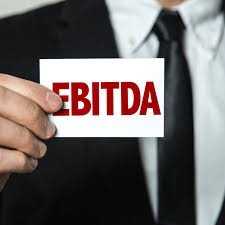
b. Comparable Transaction Analysis
- This method assesses the value of a company by analyzing recent Valuation for Mergers & Acquisitions in the same industry.
- Transaction multiples like EV/Sales or EV/EBITDA provide a benchmark for the target company’s value.
c. Market Price Method
- For listed companies with actively traded stocks, this method directly references the current market price.
- Adjustments may account for anomalies such as speculative trading or lack of liquidity.
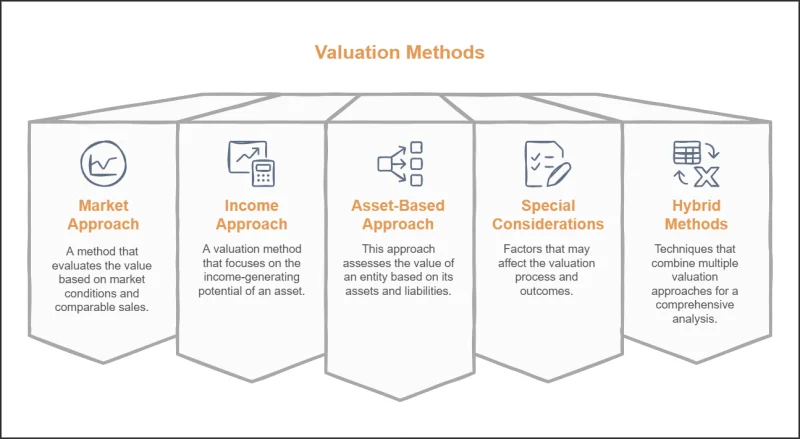
2. Income Approach
The Income Approach evaluates the company’s ability to generate future economic benefits, focusing on projected cash flows.
a. Discounted Cash Flow (DCF) Method
- Projects free cash flows for a defined period and discounts them back to their present value using the company’s Weighted Average Cost of Capital (WACC).
- Includes a terminal value for cash flows beyond the projection period, making it ideal for long-term brand valuation.
b. Dividend Discount Model (DDM)
- Used for companies that distribute consistent dividends.
- The model values the company by discounting future dividends to their present value, reflecting the company’s financial health.
3. Asset-Based Approach
The Asset-Based Approach centers on the company’s net assets, offering a straightforward method for asset valuation.
a. Net Asset Value (NAV) Method
- Calculates the company’s equity by subtracting liabilities from the fair value of assets.
- Commonly used for asset-heavy companies or those undergoing liquidation.
b. Replacement Cost Method
- Focuses on the cost of replacing the company’s existing assets, often used for infrastructure-intensive industries.
4. Special Considerations
Fair Value Measurement
- Under Ind AS 113, fair value of assets is determined based on market participant perspectives, prioritizing the most advantageous market.

Valuation Premises
- The valuation considers the highest and best use of the company’s assets, emphasizing their potential in exchange or ongoing use.
5. Hybrid Methods
Combining various methods often provides the most robust results for business valuation firm in Mumbai and beyond.
a. Sum of the Parts (SOTP)
- Aggregates the value of individual business units or subsidiaries to derive the overall company value.
- Ideal for diversified firms operating across industries.
b. Economic Value Added (EVA)
- Measures the residual income after accounting for the cost of capital, ensuring a comprehensive valuation perspective.
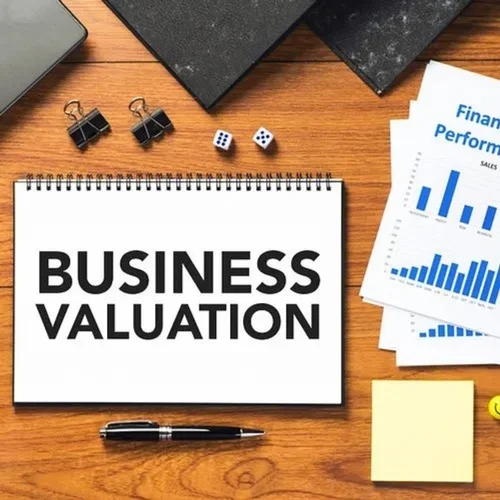
Challenges & Best Practices in Valuing Listed Companies
Valuation is not without challenges. It requires consistency, adaptability to market conditions, and alignment with regulatory standards. The integration of qualitative factors like brand valuation alongside quantitative analysis is essential for accurate results. Get the top valuation solutions with the best CA firm in Mumbai.
Why Choose ValuGenius?
At ValuGenius Advisors LLP, we specialize in offering tailored valuation services for listed companies. Selecting the right business valuation methods depends on the company’s objectives, regulatory requirements, and market conditions. Our expertise in diverse industries, combined with a team of chartered accountants in Borivali, ensures precise and reliable valuations. Whether it’s Valuation for Mergers & Acquisitions, we provide results that empowers stakeholders to make well-informed decisions.
